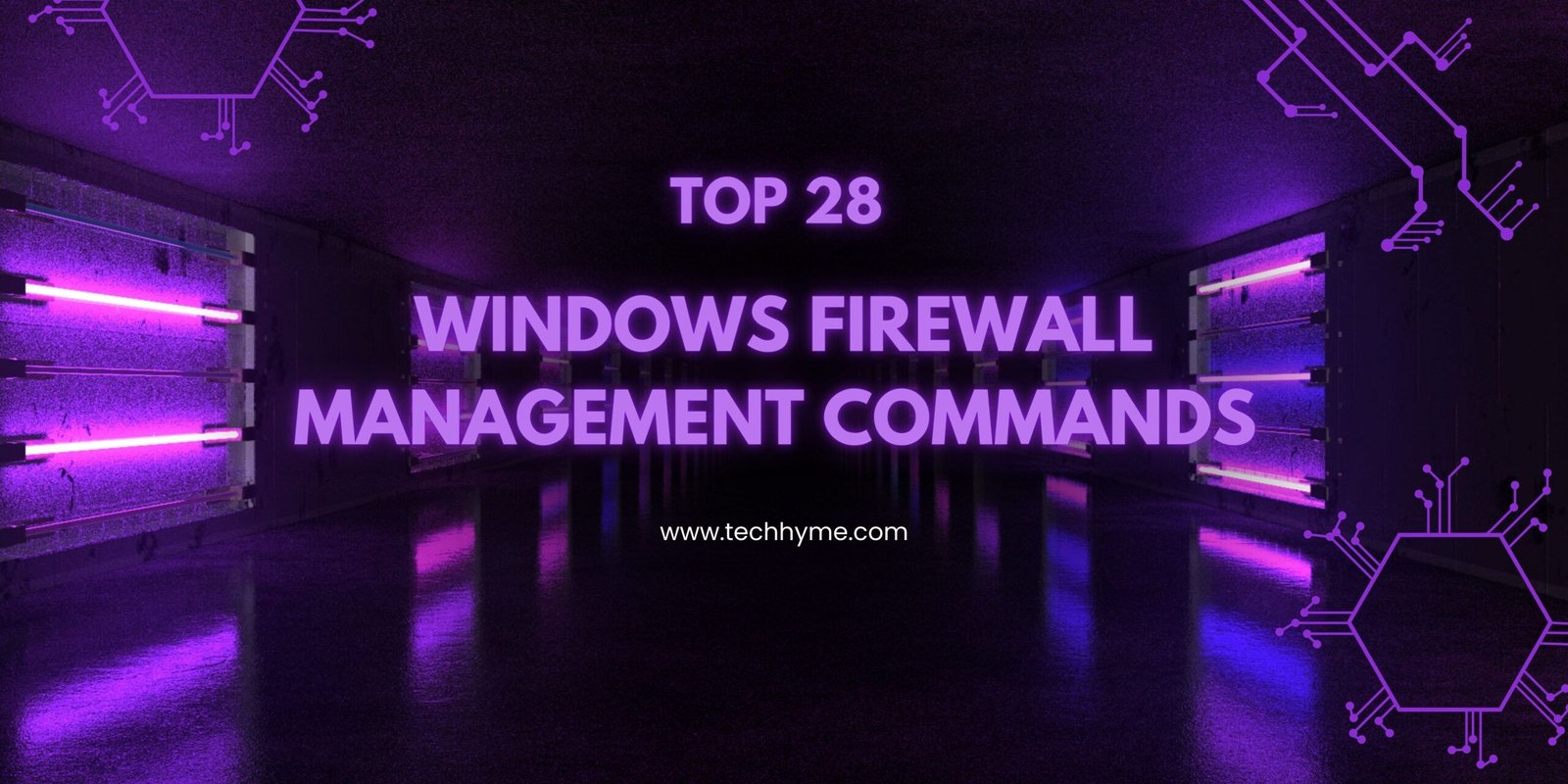
In the interconnected digital landscape of today, servers play a pivotal role in facilitating communication, data storage, and application delivery across networks. Servers are specialized computers or software applications designed to provide specific services to clients, whether they are end-users or other applications.
Let’s delve into various types of servers and their distinct functions that contribute to the seamless operation of the modern digital world.
1. Mail Server
Mail servers are the backbone of electronic communication, enabling the exchange of emails across the globe. These servers provide a central repository for storing and managing emails, allowing users to access their messages from various devices.
By consolidating all email data in a single location, administrators can streamline backup and maintenance processes. Popular mail server software includes Microsoft Exchange and Postfix.
2. Application Server
Application servers serve as a platform for developers to create and deploy web applications and services. They provide a set of components and tools accessible through defined APIs (Application Programming Interfaces). These components support the construction of dynamic web pages and facilitate interactions between web browsers and server-side applications.
Notably, application servers often work in tandem with web servers to deliver content and functionality seamlessly. Examples include Apache Tomcat and Microsoft IIS.
3. File Transfer Protocol (FTP) Server
FTP servers enable the secure exchange of files over a network. Users can upload and download files using FTP clients that communicate with the server. Authentication is typically required through usernames and passwords, although anonymous connections are possible if the server allows it.
To ensure data security, encryption via FTP and SSL is recommended for transmitting sensitive information. Popular FTP server solutions include FileZilla and ProFTPD.
4. Database Server
Database servers provide essential services for storing, managing, and retrieving data. These servers host database management systems (DBMS) that organize and control data in a structured manner.
Clients, whether users or applications, connect to the database server to access and manipulate data. Database servers can serve various purposes, from online transactions to data warehousing and analytics. Leading examples of database servers include MySQL, Microsoft SQL Server, and Oracle Database.
5. Domain Name System (DNS) Server
DNS servers form the backbone of internet addressing, translating human-readable domain names into numeric IP addresses that computers understand. These servers maintain a distributed database containing mappings between domain names and IP addresses.
This translation process ensures that users can access websites, send emails, and perform various online activities without needing to remember IP addresses. Notable DNS server software includes BIND and Microsoft DNS Server.
Conclusion
In the intricate tapestry of networked computing, servers are the linchpin that enables efficient communication, data management, and application delivery. Each type of server fulfills a specific role, catering to the diverse needs of modern technology. From facilitating email communication and web application deployment to secure file transfers and efficient data storage, servers form the backbone of our digital interactions.
As technology continues to evolve, so will the role and capabilities of servers, shaping the way we experience and navigate the digital realm.









This Post Has One Comment